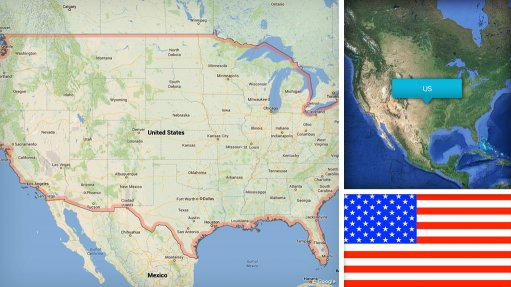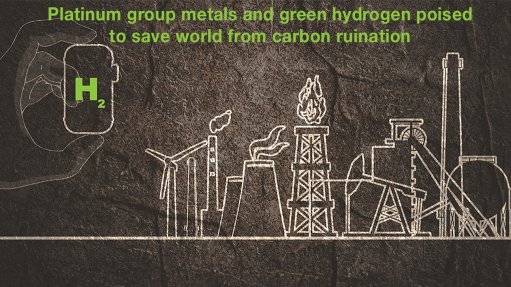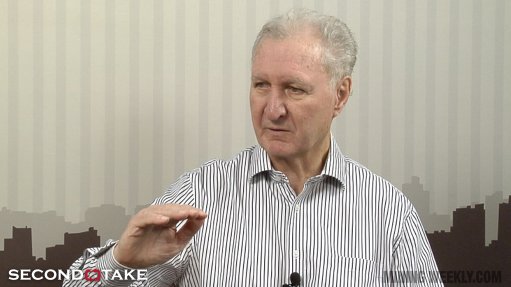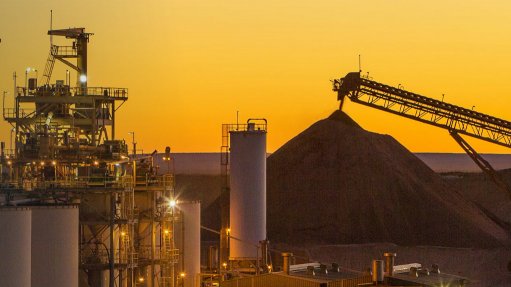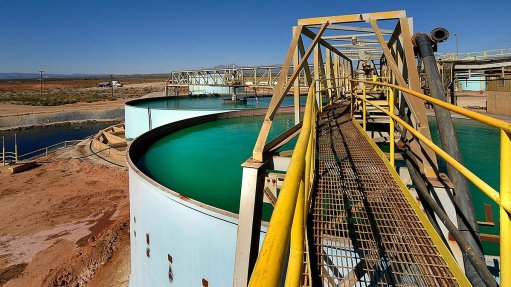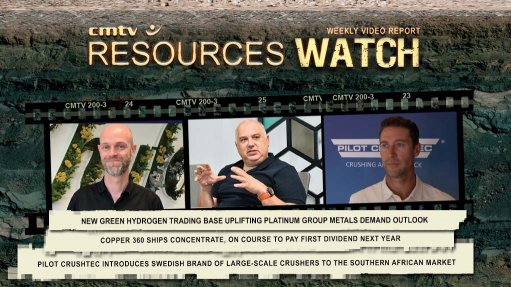Coal exports choked by green-minded towns on US west coast
NEW YORK – It’s about to get harder for America’s miners to ship coal to Asia.
On Tuesday, the city of Richmond, California, is expected to approve a ban on coal at a terminal that accounts for almost a quarter of exports from the US West Coast. The prohibition will shut miners out of one of the few places in the region willing to handle the fuel and limit their access to one place in the world where coal demand is still growing.
That’s exactly what Richmond city officials want. “This is something we can do that will almost certainly result in less coal shipped from the US to Asia, and maybe less coal burned in Asia,” Richmond Mayor Tom Butt said in an interview.
Richmond is only the latest West Coast city to fight back against coal passing through the region – an effort to both combat climate change and get rid of the dust coating their towns. Several efforts to build US West Coast coal terminals have failed in recent years amid resistance from environmental groups and local leaders. Washington denied a permit in 2017 for a facility that would’ve shipped as much as 44 million tons a year overseas. The year before that, the US Army Corps of Engineers rejected another project in the state.
Oregon also quashed export terminal plans in 2014. And just a few miles away from Richmond, the city of Oakland has banned handling coal, though that decision faces legal challenges.
The Richmond city council is set to vote Tuesday night on its ordinance, which would give businesses three years to phase out coal. The legislation targets a port operated by Levin-Richmond Terminal, which last year loaded almost one-million metric tons of the fuel bound for Japan and South Korea. The ordinance would also include petroleum coke, a byproduct of oil refining and another major product handled by the terminal.
‘ABSOLUTE BAN’
Gary Levin, the terminal owner’s CEO, didn’t respond to requests for comment. But he said in a July meeting before city officials that the ordinance would impose “an absolute ban on the handling of coal” and would probably put the terminal out of business.
The primary goal of Eduardo Martinez, the Richmond city council member who proposed the ban, is to get rid of the coal dust covering parts of Richmond, a city of about 110,000 on the east side of the San Francisco Bay. But it would be a win for the world, he said.
“It’s obvious to anyone with any capacity to put two and two together that the coal dust is having an impact on health,” Martinez said in an interview. “This is a public health issue -- not only for us, but for the world.” Both Butt and Martinez said the ordinance is expected to pass on Tuesday.
The measure amounts to cities making decisions that affect the entire country, said Ashley Burke, a spokeswoman for the National Mining Association. They may face legal challenges, she said.
“Local governments, working with activist environmental groups, cannot be allowed to obstruct and steer interstate and foreign commerce decisions on behalf of the country,” Burke said in an email.
The lack of West Coast export capacity is particularly painful for miners in the Powder River Basin of Montana and Wyoming, America’s biggest coal play, who are trying to get a better price for their fuel overseas. While other parts of the world including the US and Europe are moving away from the fossil fuel, emerging markets continue to build new coal power plants -- especially those in Asia.
The coal sent from Richmond comes from Utah mines owned by Wolverine Fuels, the state’s biggest producer. The company shipped about three-million tons to Japan last year through Richmond and nearby Stockton, California. Wolverine’s general counsel didn’t respond to telephone requests for comment.
Richmond, Stockton, Los Angeles and Long Beach in California are now the only major US West Coast ports that handle coal, according to US Census Bureau data. Together, they sent about four-million tons overseas last year. Another six--million tons moved through the Seattle area, according to the US Energy Information Administration, mostly by train to Vancouver, Canada, where it’s loaded onto ships.
NO LIGHT
Even so, West Coast shipments account for a small portion of US coal exports, which totaled 105-million tons last year. Almost 38% of that went to Europe and another 35% to Asia, with India and Japan being the biggest recipients.
Asia’s demand will probably end up being met by miners outside of the US, most notably Indonesia and Australia, said Andrew Cosgrove, a mining analyst with Bloomberg Intelligence.
“There’s no light at the end of the tunnel for West Coast coal exports,” Cosgrove said. “What can producers do? There’s really not much they can do.”
Comments
Press Office
Announcements
What's On
Subscribe to improve your user experience...
Option 1 (equivalent of R125 a month):
Receive a weekly copy of Creamer Media's Engineering News & Mining Weekly magazine
(print copy for those in South Africa and e-magazine for those outside of South Africa)
Receive daily email newsletters
Access to full search results
Access archive of magazine back copies
Access to Projects in Progress
Access to ONE Research Report of your choice in PDF format
Option 2 (equivalent of R375 a month):
All benefits from Option 1
PLUS
Access to Creamer Media's Research Channel Africa for ALL Research Reports, in PDF format, on various industrial and mining sectors
including Electricity; Water; Energy Transition; Hydrogen; Roads, Rail and Ports; Coal; Gold; Platinum; Battery Metals; etc.
Already a subscriber?
Forgotten your password?
Receive weekly copy of Creamer Media's Engineering News & Mining Weekly magazine (print copy for those in South Africa and e-magazine for those outside of South Africa)
➕
Recieve daily email newsletters
➕
Access to full search results
➕
Access archive of magazine back copies
➕
Access to Projects in Progress
➕
Access to ONE Research Report of your choice in PDF format
RESEARCH CHANNEL AFRICA
R4500 (equivalent of R375 a month)
SUBSCRIBEAll benefits from Option 1
➕
Access to Creamer Media's Research Channel Africa for ALL Research Reports on various industrial and mining sectors, in PDF format, including on:
Electricity
➕
Water
➕
Energy Transition
➕
Hydrogen
➕
Roads, Rail and Ports
➕
Coal
➕
Gold
➕
Platinum
➕
Battery Metals
➕
etc.
Receive all benefits from Option 1 or Option 2 delivered to numerous people at your company
➕
Multiple User names and Passwords for simultaneous log-ins
➕
Intranet integration access to all in your organisation







